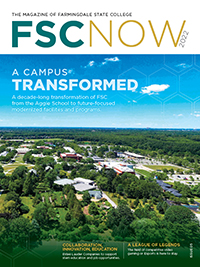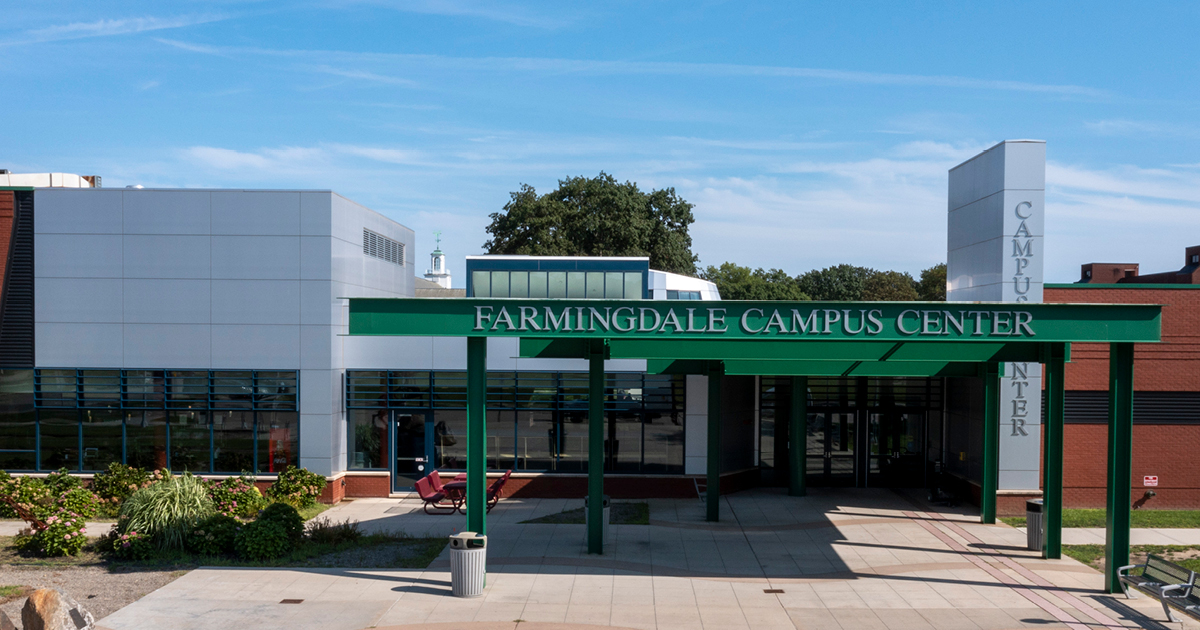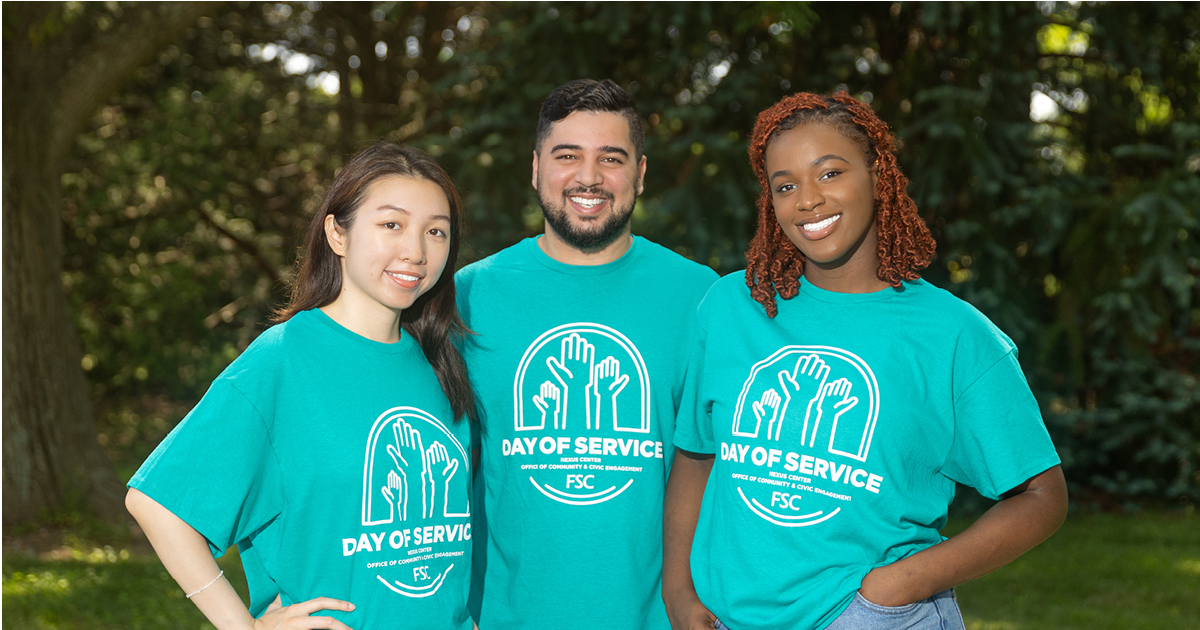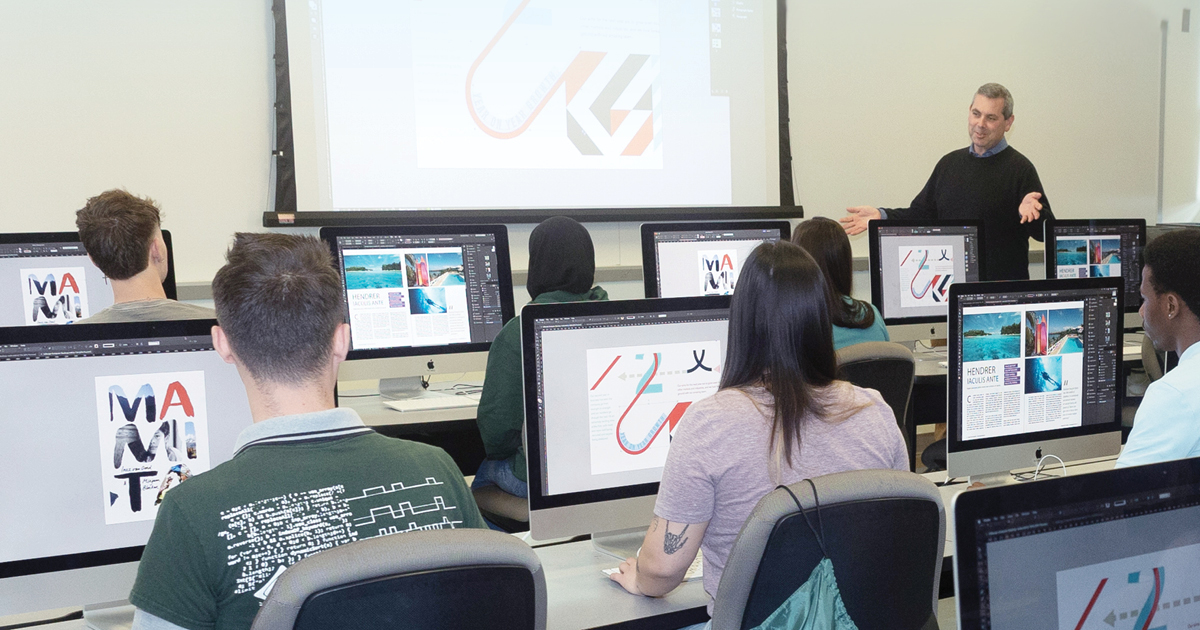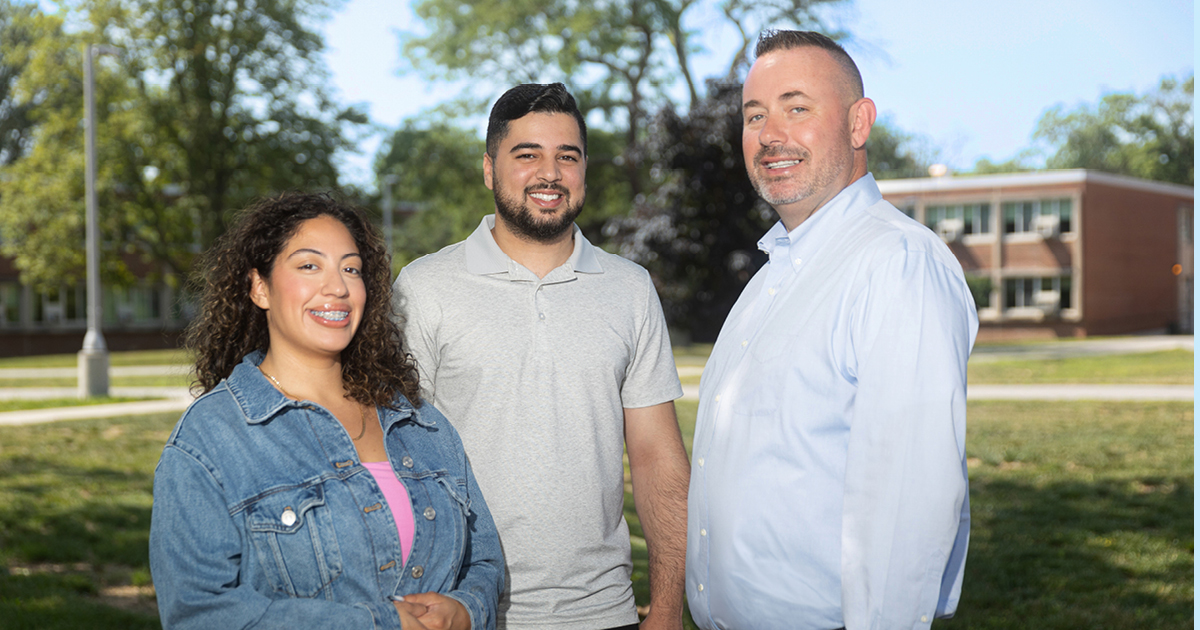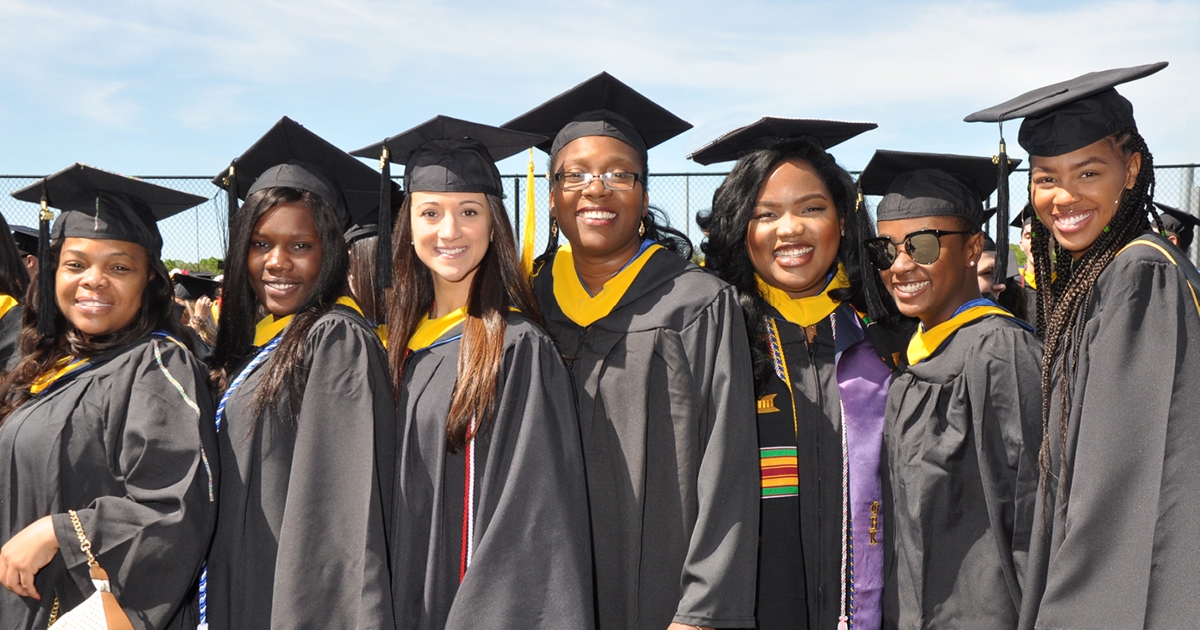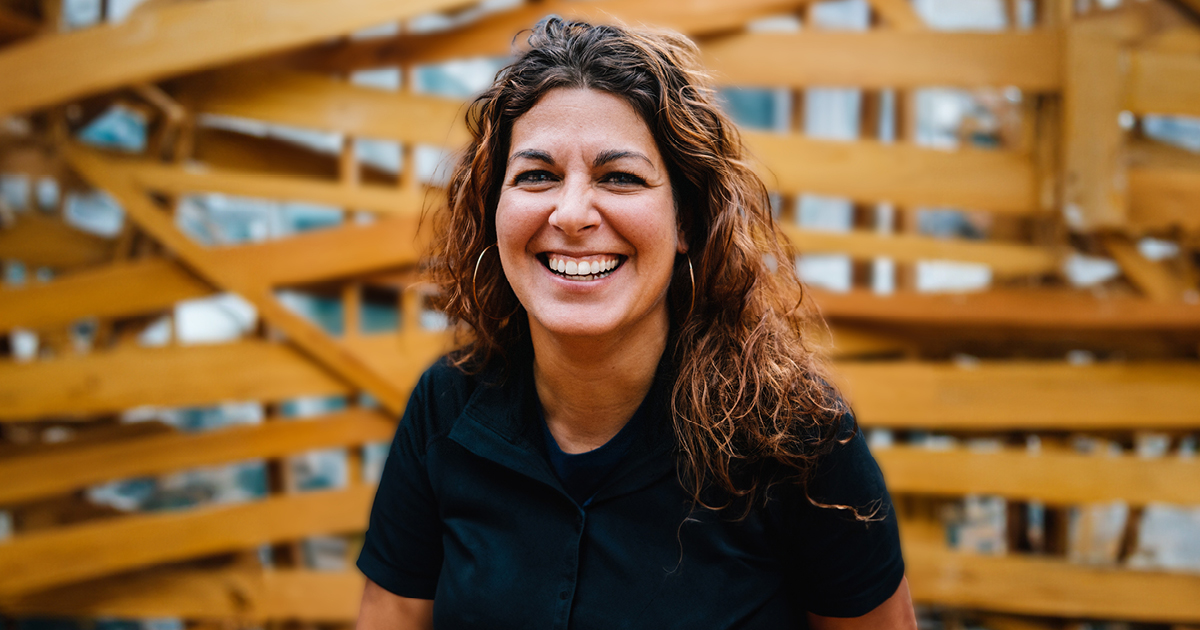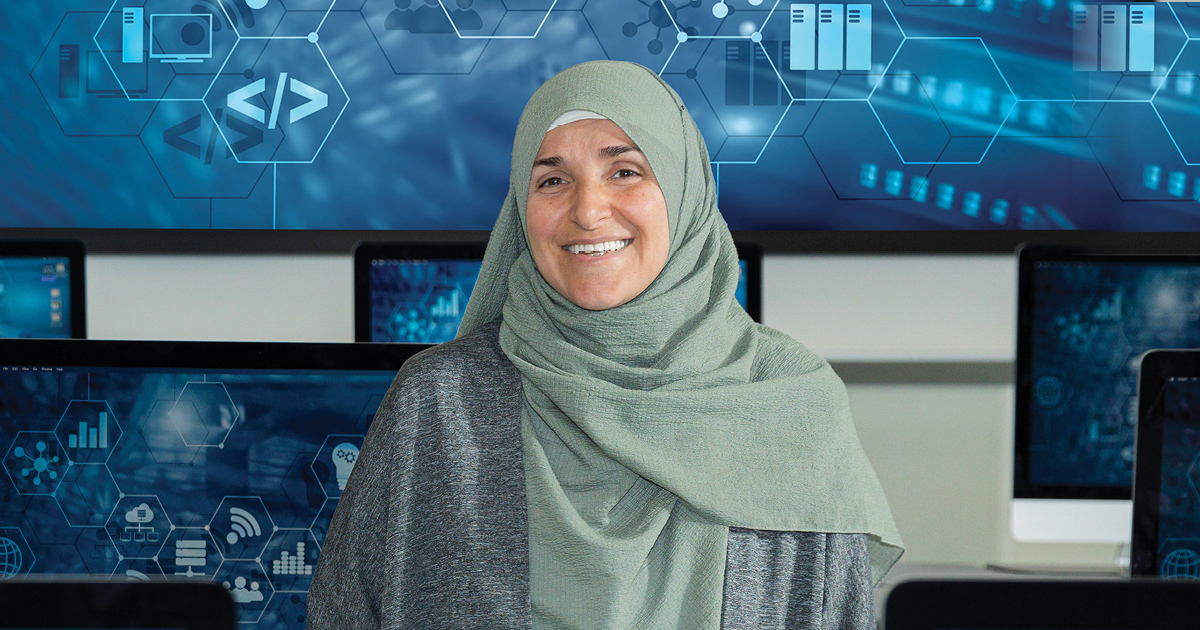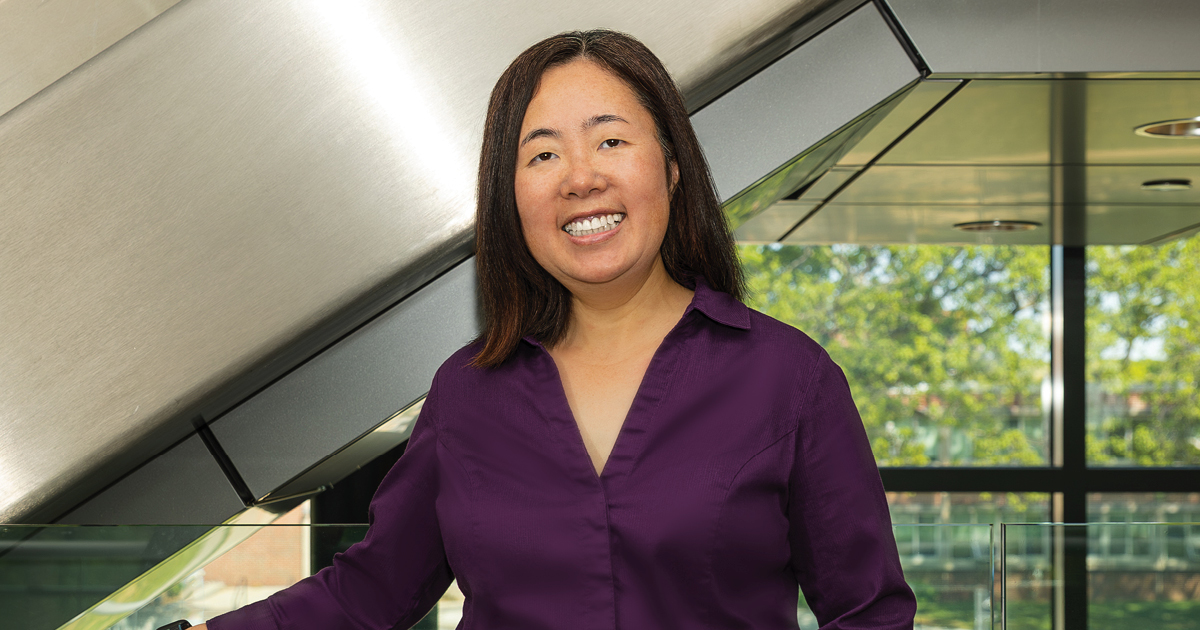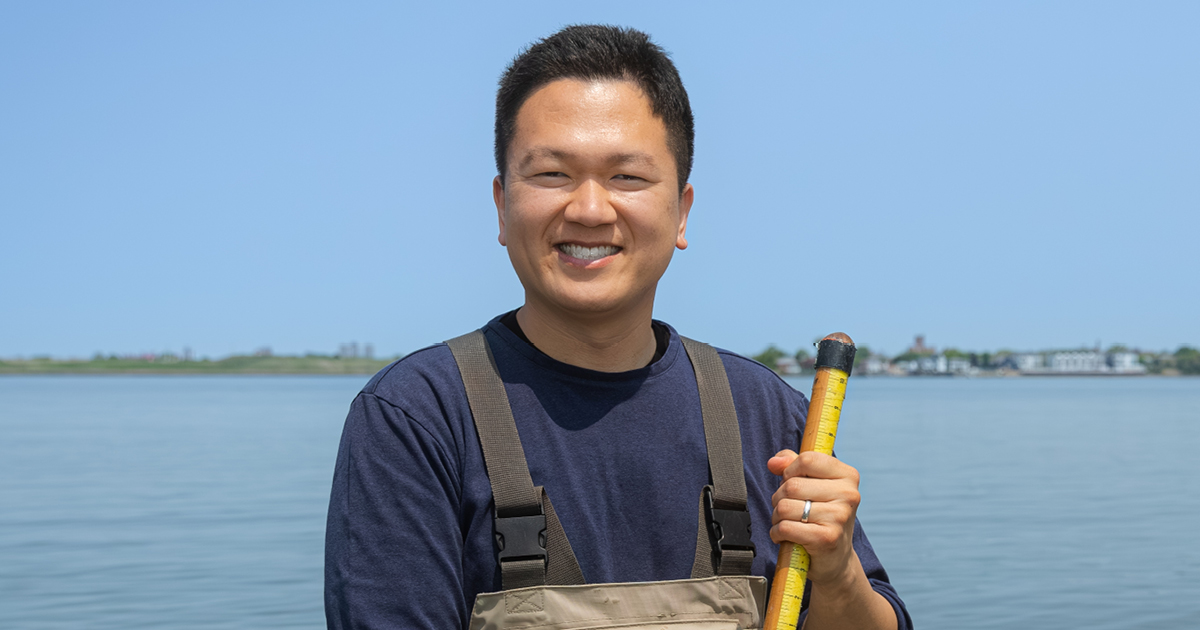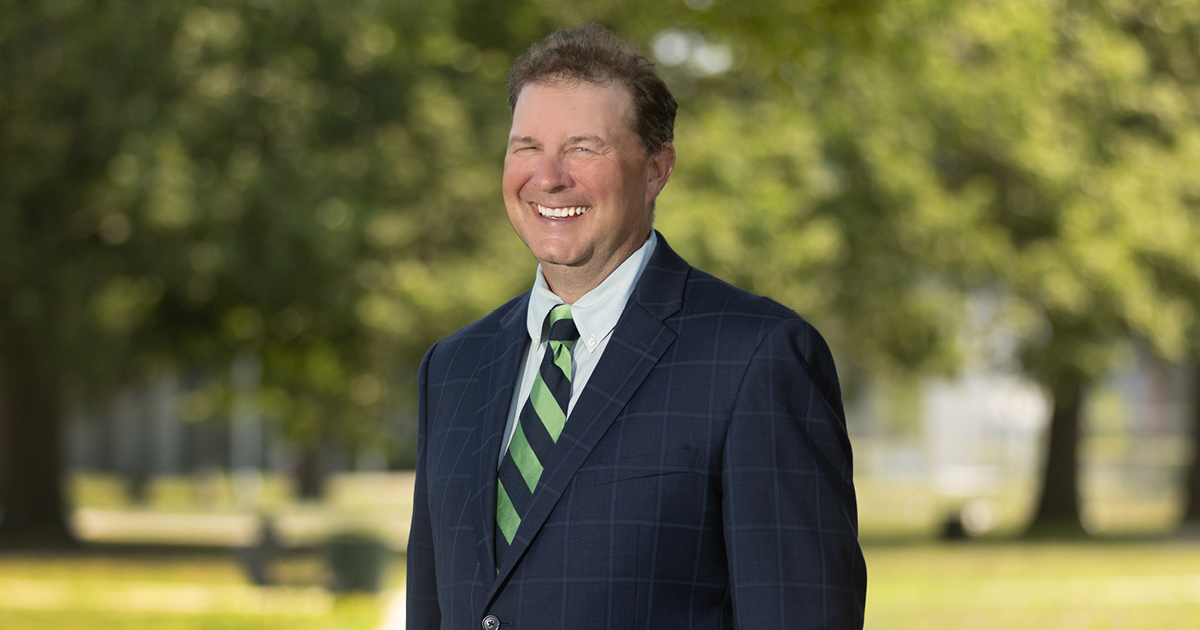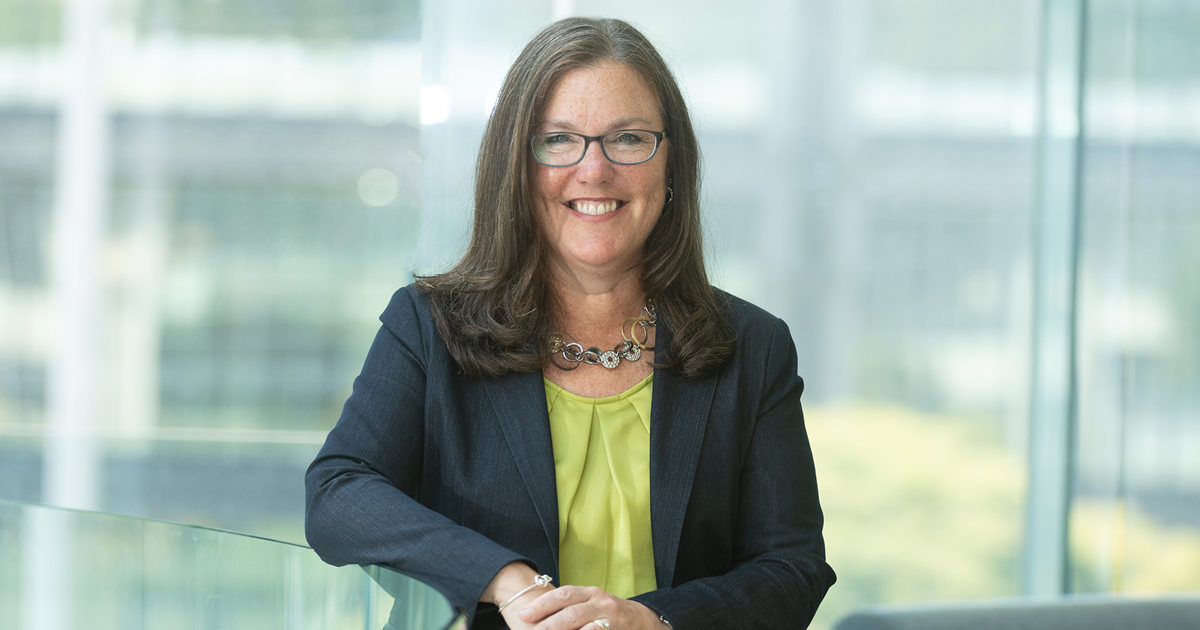Business practices and protocols are not what they used to be. Deals and contracts that once were finalized over dinners or on a golf course are now brokered over the internet between companies separated by time zones, cultural, institutional, and economical differences, and geographic distances.
This is the world for which Dr. Jing Betty Feng, Farmingdale State College (FSC) associate professor in the Department of Business Management, is preparing her students. Feng teaches courses in international business, international management, and global strategy, applying her experience from working and living in two countries, not to mention her extensive research, to her lessons.
“We live in a global world, with people moving easily from place to place, and knowledge is constantly changing,” said Feng. “With technology, it is easier for international collaboration. They [students] need the ability to work in different environments and work effectively with people from different backgrounds.”
As part of that preparation, students in Feng’s classes collaborate with students or small businesses located in different countries and act as business consultants. They identify issues and determine how they can support the companies based on class learnings.
“Shipping, logistics procurement, marketing are all part of that,” said Feng in explaining the projects. “The ability to adapt is part of a skill set for working in an international environment. Most will be working in a job function with more international interaction.”
Feng is a big advocate of project-based lessons. “I think I am more of an applied-learning professor,” she said. “I know what happens in the real world. I worked with supply chains in global companies like Dell and Whirlpool before shifting my career to academia. All those experiences made me more interested in international business. I draw on my personal interests and previous industry experience in my teaching practices.”
Feng also continues her own research. Her area of expertise is how culture affects individuals’ decision-making behavior, motivations, and interactions in organizations. “A lot of companies failed in different markets, due to lack of understanding about the culture of the market they were trying to enter,” she noted.
Closer to home, Feng serves as a member of the Tradeable Sectors work group for the Long Island Regional Economic Development Council and sits on several editorial boards, including those of the Journal of Business Research and EIX-Entrepreneur & Innovation Exchange.
She also draws on her research and knowledge when she talks to her classes about how global events, political and otherwise, can impact international business dealings and add complexity to global supply chain management. For example, tensions between the U.S. and China are affecting the flow of goods, as is the war in Ukraine, and limiting the availability of certain products.
Extending students’ learning beyond the classroom also is a priority. Feng guided students participating in business competitions and innovation challenges. She was the faculty advisor for the New York State Business Plan Competition, an event at which student entrepreneurs from colleges throughout the state present start-up business ideas and products. Feng also organized Innovation Challenges to facilitate multidisciplinary collaboration among students; the first one was in 2018, drawing 22 students from different disciplines who tackled a waste-management problem. Students also learned how to apply the “ideation” process, described as “a fast-paced, hands-on, and minds-on idea generation process.” In 2021, students worked with the Brooklyn Nets, who were brainstorming ways to better engage fans in their games.
Feng’s experience at FSC has helped her realize that everyone learns differently. “Once you understand the practical aspect of learning, you learn better; you can see how to relate it to practice,” she explained. “I tell students to be life-long learners. You can always change your mind about what you want to do. Learning never ends. It becomes more fun as you get older.”
